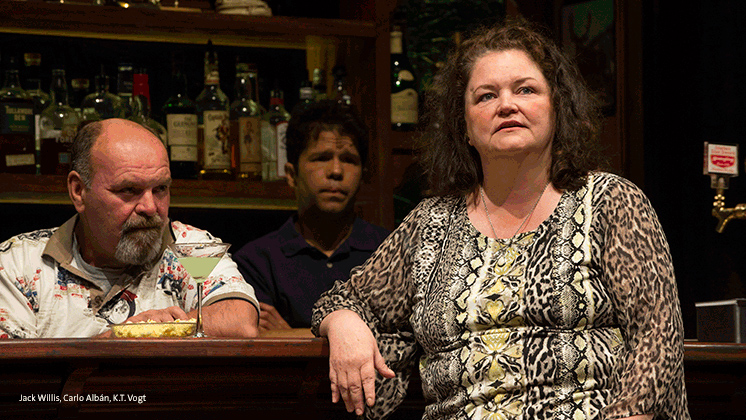Twelfth Night
Ashland, Oregon at the Oregon Shakespeare Festival Twelfth Night by William Shakespeare Director Christopher Liam Moore invented a brilliant, fun concept for this workhorse comedy: set it on a 1930's movie musical set. Emphasize the scripted music and add more song and dance! Unleash the voices and tapping toes! Keep the Shakespeare give it 20th Century Foxiness! Scenes are sharp, funny homages to classic the musical films of the day. Susan Tsu's costumes are elegant and completely right. You get your ticket's worth from the fashion show alone. Twelfth Night - photo by OSF You will be talking for years about Moore's [...]

